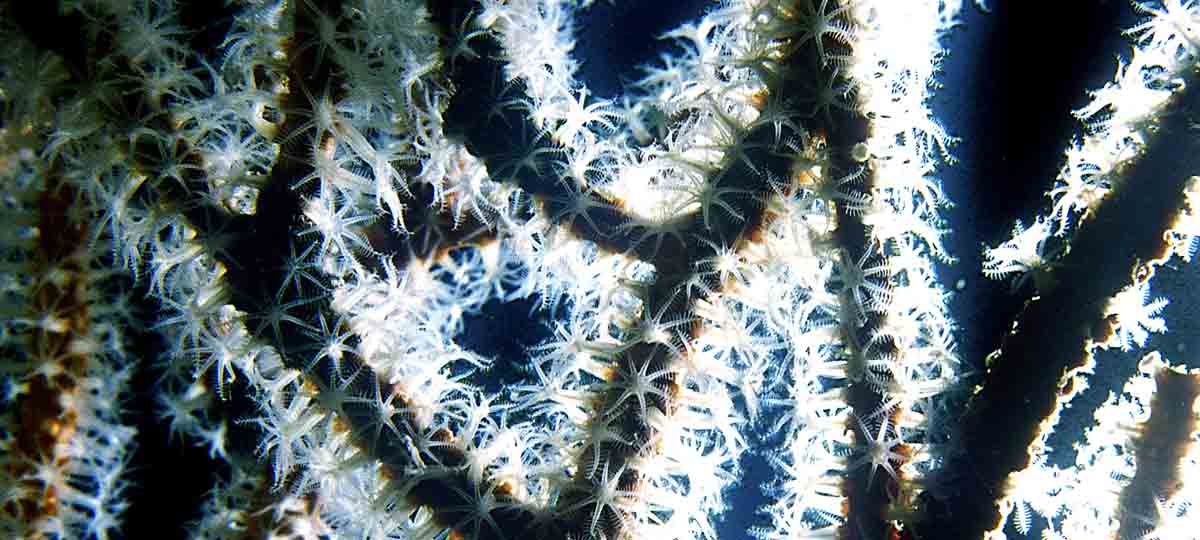Authors: Several
Year: 2024
Contact: biblioteca@azti.es
Download: Download RIM_30_1 (9.1MB)
Summary:
Uhinak is a biennial cross-border symposium on climate change and the Atlantic Arc coastline promoted by Ficoba and AZTI. The symposium focuses on how climate change and extreme phenomena affect the coastline, focusing on the needs of managers and how the scientific community can contribute to solve them. To this end, Uhinak aims to strengthen a network among experts, managers and users of marine and coastal areas to facilitate the search for solutions to mitigate the effects of extreme weather.
Establishing and anticipating planetary boundaries are among society’s greatest challenges in addressing the effects of climate change on seas and coasts. One critical boundary is the global temperature threshold; exceeding this limit could lead to a climatic point of no return.The Atlantic Meridional Overturning Circulation (AMOC) is an important tipping point in the climate system and a future collapse would have a major impact on the North Atlantic climate, which will be discussed by Dr Peter Ditlevsen, Professor at the University of Copenhagen. In his opening lecture at the symposium, Mr Ditlevsen will present his observations of the weakening of this circulation in recent years and the possible consequences of its future evolution. To anticipate these planetary boundaries, it is also necessary to have innovative tools to assess the consequences of climate change on the complexity of the marine ecosystem, taking into account human activities. Dr. Marta Coll, deputy director of the Institut de Ciències del Mar, will open the second day with a discussion on this topic.Specifically, M. Coll will discuss the impacts of climate change scenarios and management interventions on biodiversity, ecosystem functioning, and the provision of services in European seas.
These two major challenges will form the basis for most presentations at the sixth edition of Uhinak, scheduled for October 23 and 24. The event will feature 8 invited papers and 54 oral communications, organized into four blocks: planetary points of no return, adaptation measures to extreme coastal phenomena, the role of marine biodiversity restoration in climate change mitigation and resilience, blue carbon, and innovations in governance, management tools, and communication.


